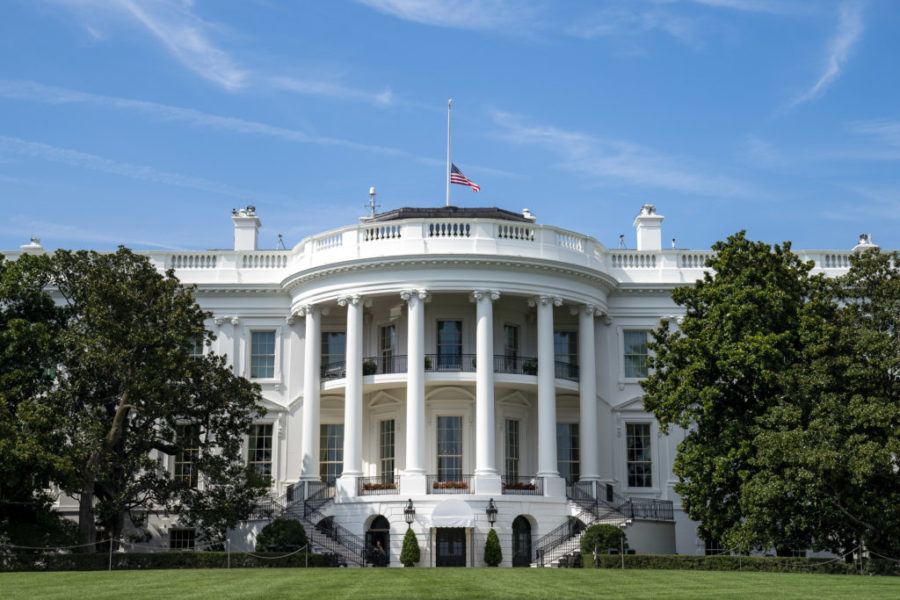Weingarten: A note on US influence
The United States is arguably one of the most influential countries in the world. Columnist Caleb Weingarten argues it could be inspiring, yet dangerous.
January 24, 2023
Roughly six months ago, I traveled through the city-state of Singapore, a surprisingly pseudo-Western society, housing dense multiculturalism within its small borders. A few different cultures comprise the Singaporean demographic: Chinese, Malay and Indian, primarily. I was shocked to find a high level of patriotism and even shreds of nationalism (especially from one of my classmates who insisted that the Japanese boy and Danish girl in my class were stupid and stained the clean infrastructure).
Although I was on the opposite end of the Earth, it felt shockingly similar to the United States, and I learned these traits were inherent to the attitudes of the people there, especially the young men. What further intrigued me was how ethnically segregated the country was and how it formed a strong undertone of the relationships between the different groups of people in the public sphere. A Malay girl in my class would go on about the outcast feeling that dawned on her due to the segregation, whereas others would support the Singaporean government’s success in social regulation.
Shortly after I had these discoveries, Roe v. Wade was overturned in America, and instead of watching the protests and social disturbances, I walked under the sunshine and viridescent canopies of Singapore, where I realized the world cared far less about America than I had previously thought. This was, of course, before I went back to my class.
Everyone knew I was from America, and odd stares of uncertainty were directed my way during our next class. The questions began to flow about how I felt, what it meant to me, and where we go from here.
Questions like this played an odd tune in my ear because the notion of we in a place so far and unrelatable was something I would have never expected. It was a realization that day of how influential America is. Not just the obvious reach and domination it has achieved but how the social dynamics send reverberations across the world, even into the confines of a small city-state at the tip of Malaysia.
I reminisce on this memory because of the political turmoil that Brazil finds itself in, a strange reminder of our own people’s attempt to overthrow the government and the processes of an election. Far-right, pro-Bolsonaro protesters sought “military intervention to either restore far-right Bolsonaro to power or oust his newly inaugurated leftist rival, Luiz Inácio Lula da Silva.”
Bolsonaro conferred allegations of election fraud onto the psyche of his supporters after he was defeated in October by Lula, inspiring a version of the January 6 insurrection that took place in America. I have seen many on the far-right who claim that these events do not correlate, that Trump’s fraudulent claims and Bolsonaro’s equally sorry attempt to overthrow his election seem to be nothing more than chance coincidences. However, Bolsonaro has left Brazil and has been living in Orlando, Florida, most likely to “insulate” himself from “legal jeopardy.”
My experiences in Singapore and after seeing the attention we receive from people around the world, I stress the importance of coming together as a nation and decrying the falsehoods put out by both Left and Right, and even the more radical agendas that stick to both. It would be foolish to suggest that countries don’t look to us for guidance and that people who live in various other countries don’t mimic our citizens concerning their political affairs.
It is inspiring that we have such a reach, but also dangerous given the volatility of our social dynamics here in America. Regardless of your political opinions, it should beg the question of why Brazil’s insurrection was virtually identical to America’s on January 6 and why the nationalist fervor is rising worldwide.







